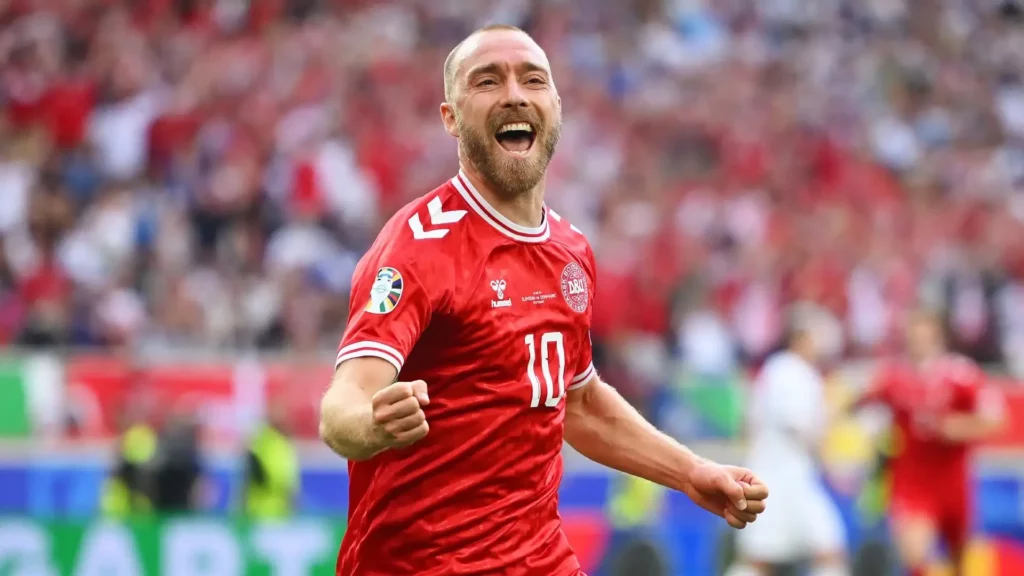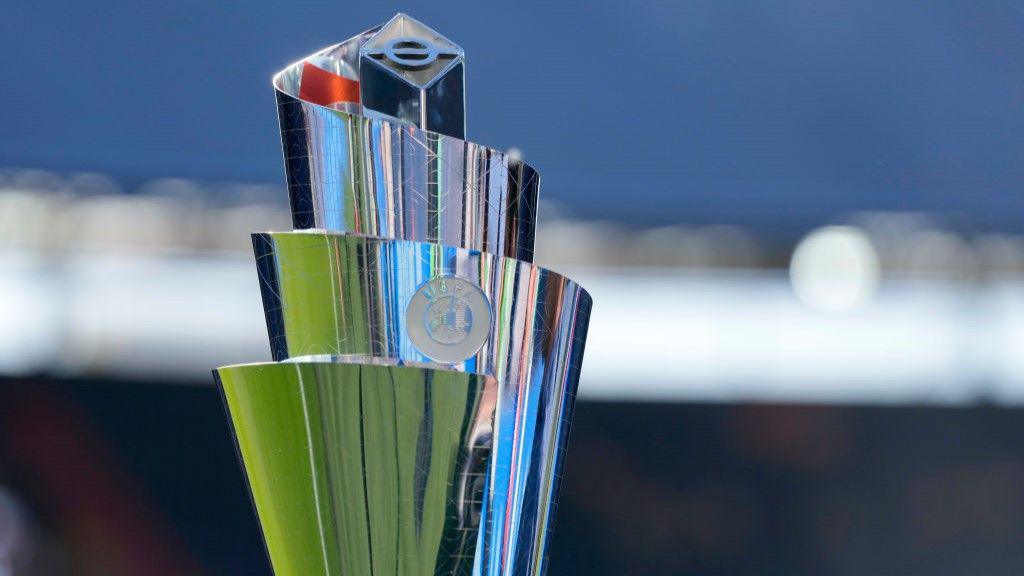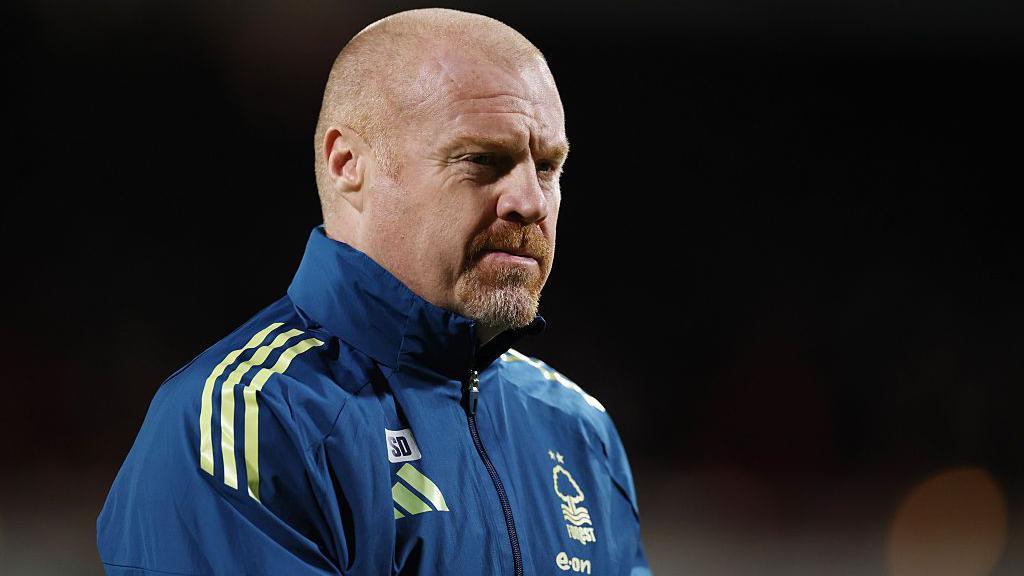
Denmark’s recent match against Slovenia revealed a pattern all too familiar: a team heavily dependent on a singular talent. In the first half, led by the exceptional Christian Eriksen, Denmark appeared in control, with Eriksen scoring the first goal and dominating play. This was a poignant moment, considering his remarkable comeback from a cardiac arrest during the Euros three years prior. However, the second half showed a different side, as Denmark struggled against a more physical Slovenia, drawing parallels to England’s own shaky start in similar circumstances. The match left fans and critics pondering Denmark’s inconsistency and whether they could improve from their last Euro performance.
Danish Frustration Over Eriksen’s Coverage Overshadows Match Result
While there’s a general appreciation for Christian Eriksen’s remarkable recovery, the Danish sentiment following a recent match reveals a different focus. Despite the international fascination with Eriksen’s return from a near-fatal collapse, the local press and fans expressed more concern over the team’s performance, particularly frustrated by points lost to the lowest-ranked team in their group. The post-match press conference highlighted this divide: international journalists posed questions about Eriksen’s health, whereas Danish reporters critically questioned the timing of substitutions. Even Eriksen, who has since played extensively, including at a World Cup, appeared more preoccupied with the game’s outcome than his personal story. This scenario echoes past events where, despite initial setbacks including a loss after Eriksen’s collapse, Denmark showed resilience in the Euros under Coach Kasper Hjulmand’s leadership.
Denmark’s Recent Football Performances Under Scrutiny
Denmark’s national football team showcased its strongest performance at a major tournament since 1992 during the recent European Championship. They impressively defeated Wales and narrowly surpassed the Czech Republic, reaching the semi-finals where they lost to England in extra time. Coach Kasper Hjulmand was widely praised for this achievement. However, the patience with Hjulmand is starting to wear thin. Despite boasting a squad where each member plays in one of Europe’s top eight leagues, according to UEFA rankings, and with 20 out of 26 players in top four league clubs, expectations are high. Denmark, though not considered a favorite, is expected to be highly competitive. Yet, their form has been underwhelming since their Nations League victory over France in September 2022.
Struggles and Criticism: Reflecting on a Disappointing Season
The World Cup was far from successful, marked by a lackluster 0-0 draw against Tunisia, a devastating 2-1 loss to France from a late goal, and a disappointing 1-0 defeat to Australia. Although they topped their group in the Euro qualifiers, the team suffered defeats in away games against Kazakhstan and Northern Ireland, coupled with several uninspiring performances.
Criticism has been sharp from Thomas Gravesen, who was as blunt in his commentary as he was tough on the field. He faulted Hjulmand for not being more assertive on the sidelines—a stark contrast to the praise he received for his composed demeanor three years prior. This shift in perception has visibly taken its toll, transforming the once poised leader into a figure seemingly overwhelmed by pressure.
Eriksen’s Central Role Highlights Denmark’s Tactical Shifts
The bigger issue is the lack of structure. Eriksen’s performance against Slovenia was notable, showing signs of recovery after challenging periods with Manchester United and the national team. His seven key passes, three more than any other player in the first round of group games, underscore his importance. This dependence on Eriksen, reminiscent of traditional playmakers now rare in modern football, reflects Denmark’s reliance on his form.
The shift back to a 3-4-1-2 formation, slightly different from the 3-4-3 used in the last Euros, seems strategic. It provides Eriksen a solid midfield platform while integrating Jonas Wind and Rasmus Højlund, relying on wing-backs for width. The upcoming game against England presents a contrasting challenge. Denmark might adopt a more defensive stance, leveraging Eriksen to initiate counter-attacks, a tactic potentially more effective than navigating the dense defenses of teams like Northern Ireland, Kazakhstan, or Slovenia.
Currently, the issue seems more related to morale than tactics, indicating a cycle’s end, a sentiment familiar to England.





















